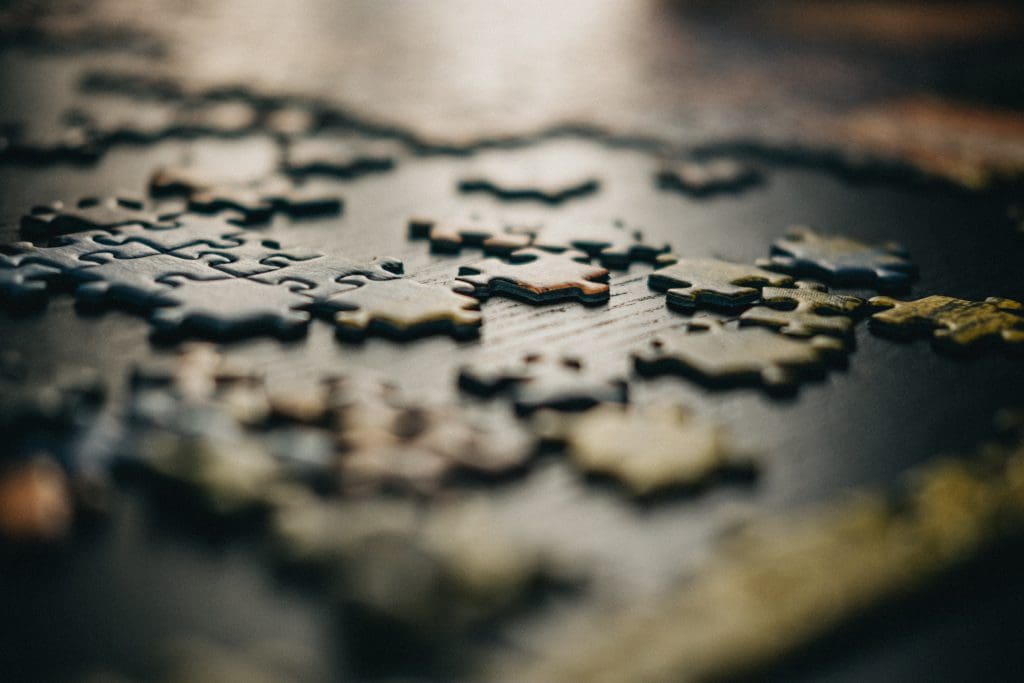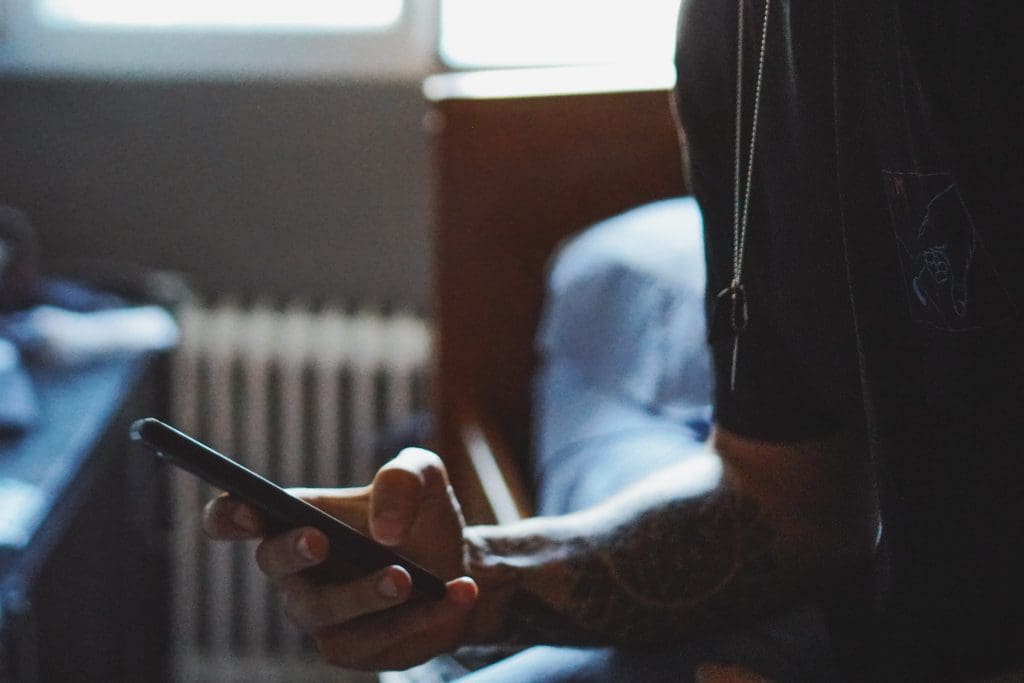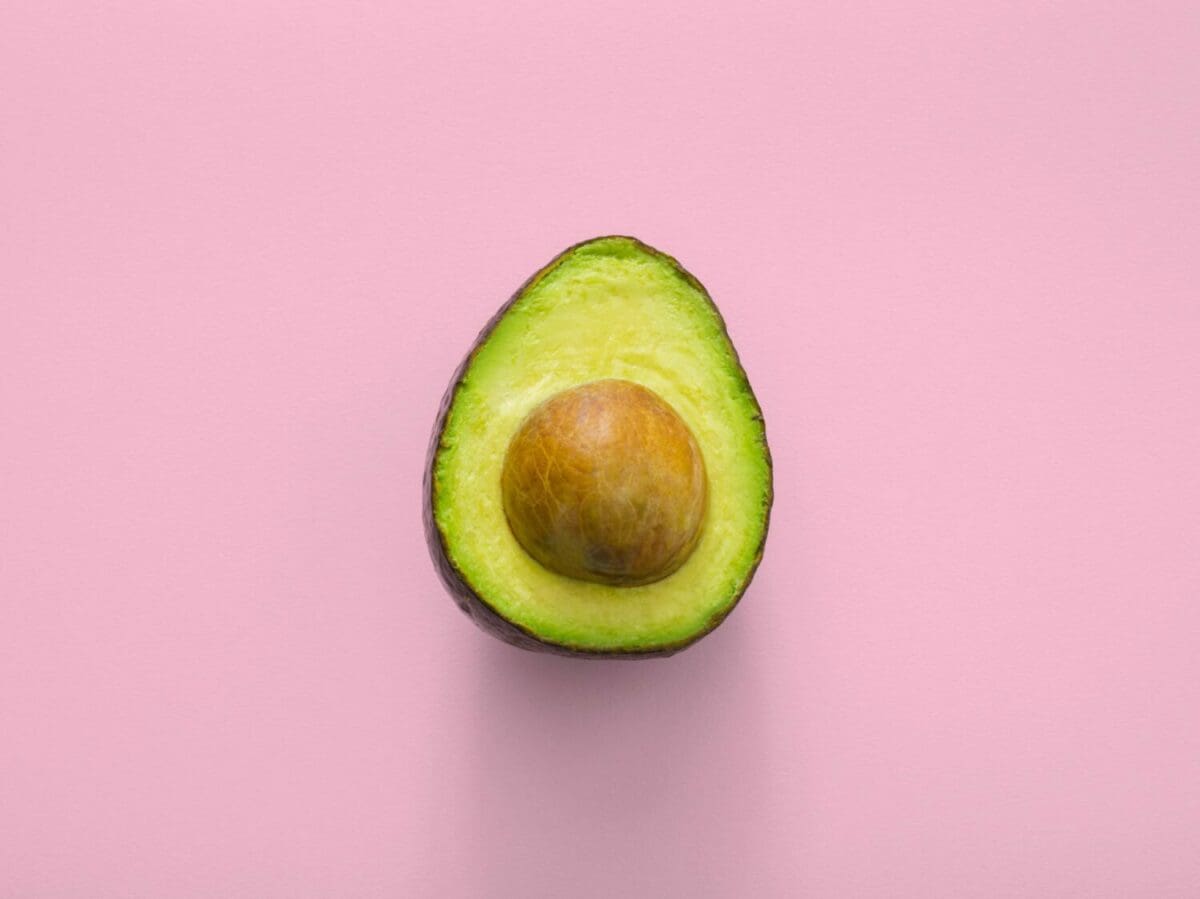
Social Media Spike
April 30, 2020 in COVID-19, Social Media Guide
Is it just me or am I going on social media platforms way more than usual? I think this is a trend that I can attribute to the COVID-19 pandemic. Being quarantined, having a stay-at-home-order, and being scared to leave the house leaves me with one thing I have abundantly more of now. Time.
I feel like I have so much more “free time” to just sit around, be lazy, watch tv, etc. What do I fall a victim to when doing this? The addicting content of social media. I know I am not the only one doing this. It seems there is way more content, COVID-19 related or not, on my timelines, newsfeeds, and stories.
Social media as a whole is already problematic. You find yourself wrongfully comparing yourself to what others are doing, achieving, or having. For those of us who don’t currently have jobs or school programs in session, it is difficult to watch everybody and their mother being offered these selective jobs or getting admitted into graduate study programs. In a normal period of time (without COVID), I would be nothing but delighted for my peers obtaining these accomplishments. But now, as I sit at home, being lazy, effortlessly and endlessly scrolling through social media with nothing else to do, I feel bitter. I turn this bitterness into self-hatred and low-self esteem. Why am I not getting these opportunities? Why am I the one who is not employed? Why them? Why me?
I should just delete my social media accounts, right? Sure, people are posting and sharing good and positive content. However, I don’t think it is enough to outweigh the negative or jealousy-inducing content. For some reason, I can’t find the motivation to get off social media. I think it stems from boredom and literally having zero else to do.

So what is my solution if not to delete social media? Create an organized schedule of things to do! I want to redirect the time I spend on social media doing other things that will actually benefit my mental health! Today is day one of setting a schedule that includes applying to jobs, responding to emails, going on runs and bike rides, doing a puzzle, watching TV, calling friends and family. I already feel better. Maybe this is considered opposite-to-emotion action. Regardless, it’s a healthy choice in the right direction.
Have you noticed a change in how often and how much you use social media? How have you felt about this change?








Recent Comments